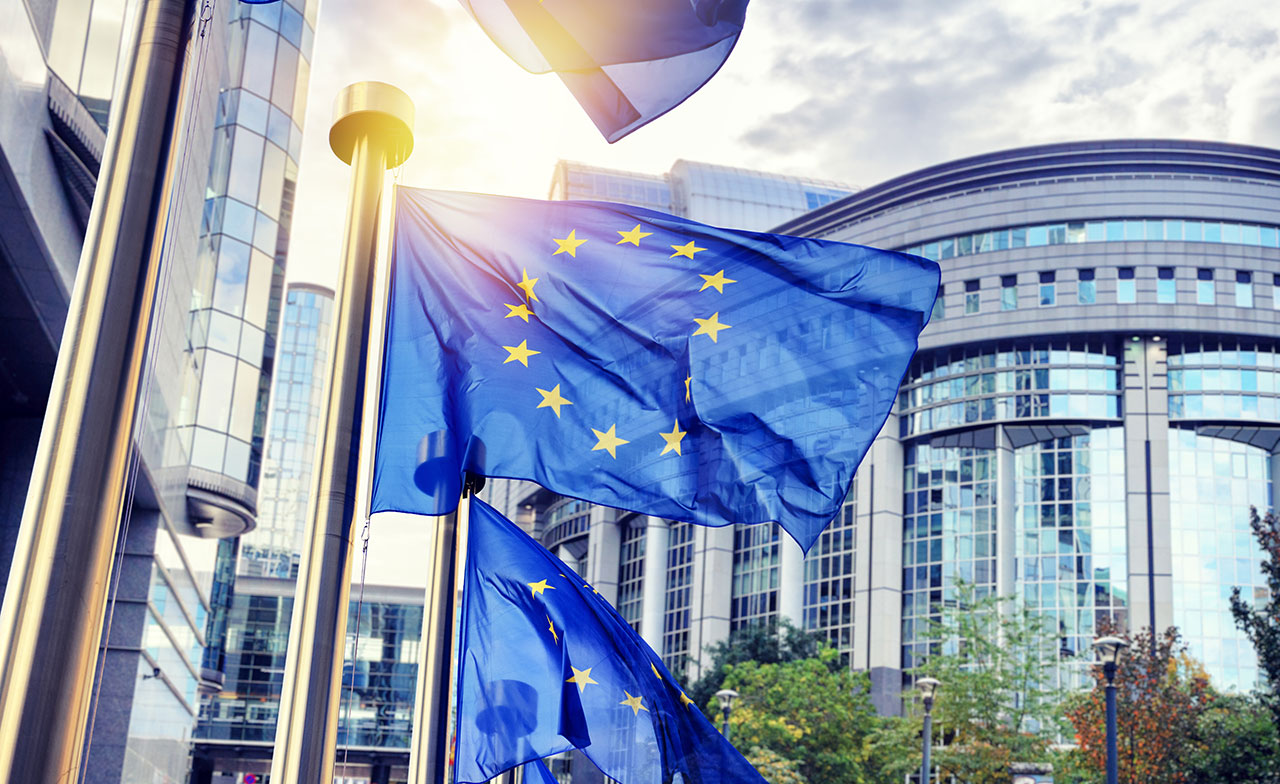
The EU is set to suspend sanctions on Syria’s banking, energy, and transport sectors beginning Monday, a decision aimed at aiding the country’s reconstruction following the ouster of Bashar al-Assad. This marks a significant shift in Western policy toward Syria as its new leadership calls for economic relief to stabilize the nation.
Conditional Relief
The decision, expected to be formally approved at a meeting of EU foreign ministers in Brussels, follows a preliminary agreement reached last month. Officials emphasized easing sanctions is conditional and could be reversed if Syria’s new leaders fail to uphold commitments to democratic governance and inclusivity.
While Syria’s government urged Western powers to lift all remaining restrictions, the international community has expressed hesitancy, awaiting clear signals of an inclusive transition process. The UN estimates that at the current rate of economic growth, Syria would require more than five decades to return to pre-war levels of development.
Competition for Influence
Lifting sanctions comes at a time when global powers are vying for influence in Syria’s post-Assad landscape. The EU’s move aligns with broader efforts to engage with Syria’s new government while maintaining leverage.
Geir Pedersen, UN Special Envoy to Syria, stated the formation of an inclusive government by March could further facilitate Western support, potentially leading to broader sanction relief. Meanwhile, the US has already granted a six-month waiver to transaction-specific institutions, like the energy sector, to enable humanitarian aid efforts.
Calls for Economic Relief
Syria’s internal political groups have also intensified calls for a complete lifting of economic sanctions, arguing that restrictions—originally aimed at isolating the Assad regime—have caused severe hardship for civilians. In a joint statement, multiple political blocs, civil society organizations, and independent figures stressed that sanctions have contributed to food and medicine shortages, energy crises, and infrastructure collapse.
The signatories, which include the Syrian Bloc, the Building a Democratic Syria Party, and the Syrian National Alliance, called upon international actors, including the US and the UN, to ease financial restrictions, facilitate trade, and allow for the import of essential goods. They emphasized economic rehabilitation is key to sustainable development and regional stability, urging the international community to separate humanitarian needs from political considerations.
Uncertain Path Forward
Despite the EU’s selective sanctions relief, concerns remain over the durability of these measures. A European official, speaking anonymously to Anadolu Agency, noted that the sanctions suspension is “reversible” and dependent on Damascus’ “adherence to democratic reforms.”
Syria’s Economy Minister Basil Abdul Hanan reiterated the need for sanctions relief on financial transactions, arguing that unrestricted banking operations are essential for attracting investment and stabilizing the economy. As the international community continues to assess Syria’s post-Assad trajectory, the lifting of sanctions remains a pivotal but fragile step in the country’s long road to recovery.








